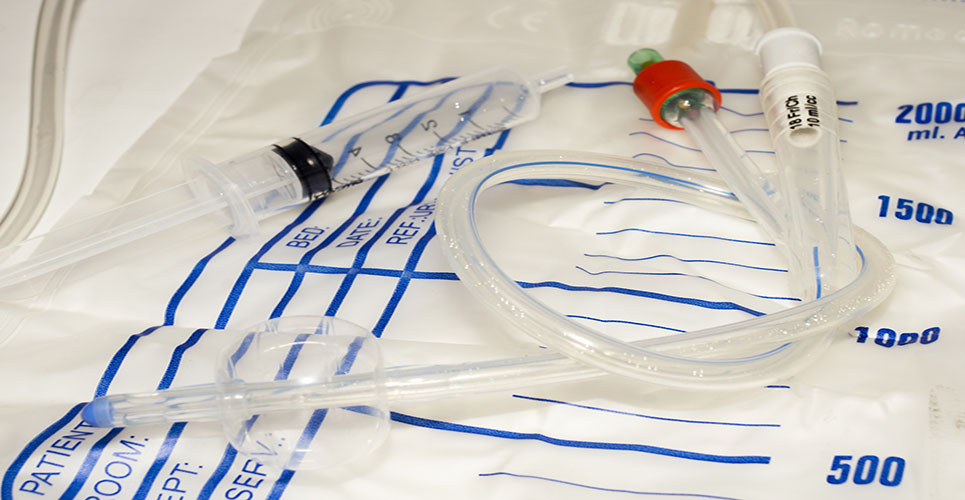teaser
BOTOX® (botulinum toxin type A) has received a positive opinion from the Irish Medicines Board for the management of urinary incontinence in adults with neurogenic detrusor overactivity (NDO) resulting from neurogenic bladder due to stable sub-cervical spinal cord injury, or multiple sclerosis (MS).
Between 60-80% of people with MS and 75-80% of people with spinal cord injury (SCI) will suffer from some degree of bladder dysfunction, including urinary incontinence, which can be distressing.
Urinary incontinence in patients with MS or SCI is frequently caused by a condition called neurogenic detrusor overactivity (NDO), which results in involuntary contractions of the bladder during the filling stage when the bladder should be relaxed.
Targeted injections of BOTOX® into the bladder muscle have been shown to reduce the involuntary contractions and increase bladder capacity. In turn, this reduces the number of urinary leaking episodes and may even stop leaking altogether in some patients.

In Europe, approximately 656,000 people live with MS and, on average, nearly 11,000 people are diagnosed with SCI per year. Many of these people face long-term mobility issues, yet remain professionally and socially active.
“We are pleased that BOTOX® has received a positive opinion following the Mutual Recognition Procedure for the treatment of urinary incontinence in people living with multiple sclerosis or spinal cord injury,” said Douglas Ingram, President of Allergan in Europe, Africa and the Middle East.
“For many people with spinal cord injury or multiple sclerosis, gaining effective control over their bladder and staying dry can be a significant step towards improving daily functioning and overall quality of life. Our task now is to work closely with the national health authorities to secure the relevant national licences so that we can bring this valuable treatment option to patients, as quickly as possible.”
